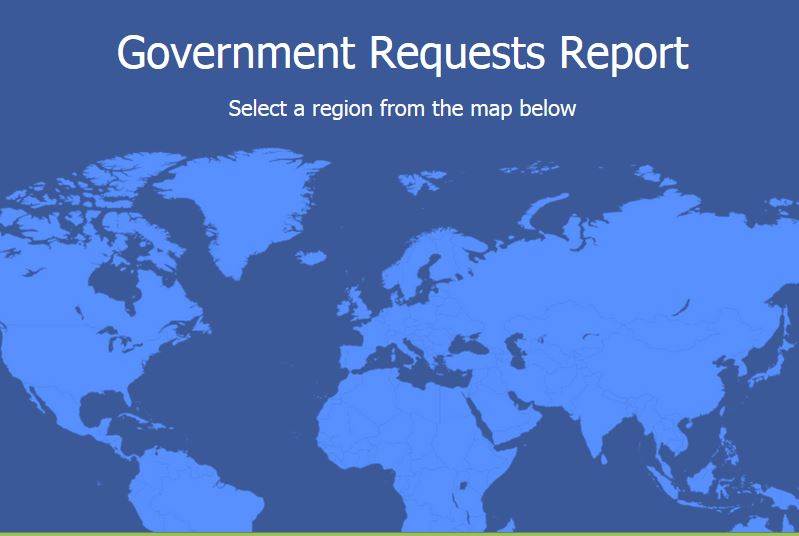You might not think that nudity and hate speech go together, but in the case of trying to describe what’s OK and what’s not in Facebook postings, those two topics got most of the attention over the weekend.
The social media giant on Sunday released a clarification of its “Community Standards” governing user behavior and the content of posts. In a post to the Facebook news blog, Monika Bickert, head of Global Policy Management, and Chris Sonderby, deputy general counsel, laid out the objectives of the new language.
“Today we are providing more detail and clarity on what is and is not allowed,” the pair wrote. “For example, what exactly do we mean by nudity, or what do we mean by hate speech? While our policies and standards themselves are not changing, we have heard from people that it would be helpful to provide more clarity and examples, so we are doing so with today’s update.”
Facebook, which has more than 1.3 billion users spread over virtually the entire planet, has been forced to grapple with competing social values and standards of decency, problems that nearly every global business will have to confront at some point. As more and more businesses focus their efforts on the Internet, these types of debates will only grow more common.
Multi-Cultural Challenges
Much of the update focused on those two controversial aspects of speech: nudity and hate speech. Facebook has received considerable criticism recently for removing photos of mothers breastfeeding their babies, or cancer survivors posting photos of their mastectomies. The new language of the policy makes it clear that such photos may remain on the site.
“We also restrict some images of female breasts if they include the nipple,” as the “Encouraging Respectful Behavior section puts it, “but we always allow photos of women actively engaged in breastfeeding or showing breasts with post-mastectomy scarring.”
Another recent controversy involved a man who changed his profile photo to a photograph of Gustave Courbet’s explicit 1866 painting, “The Origin of the World.” After his account was blocked by Facebook, the man sued in French court. The court ruled that it had jurisdiction to hear the case and potentially sanction the company.
Sunday, perhaps in partial response, Facebook updated its language to explicitly permit “photographs of paintings, sculptures, and other art that depicts nude figures.”
Rapidly Changing Mores
As these recent controversies illustrate, concepts of decency are not merely geographical but temporal in nature. What was scandalous and outrageous in one era becomes commonplace and even boring in another.
The overarching problem that Facebook is attempting to address is how to most efficiently run a global publication platform while offending as few people as possible.
“We restrict the display of nudity because some audiences within our global community may be sensitive to this type of content — particularly because of their cultural background or age,” the Community Standards now read. “In order to treat people fairly and respond to reports quickly, it is essential that we have policies in place that our global teams can apply uniformly and easily when reviewing content.”
What Facebook may end up doing — and other companies with a global presence as well — is choosing between adopting the moral standards of its most conservative users, or permitting the free exchange of more liberal (and typically more profitable) content. It is a delicate balance, and Sunday’s amendments to the Facebook Community Standards will not be last words on the subject.
miss molly:
Posted: 2015-03-16 @ 3:20pm PT
Get ready for a lot of “fake” facebook accounts







